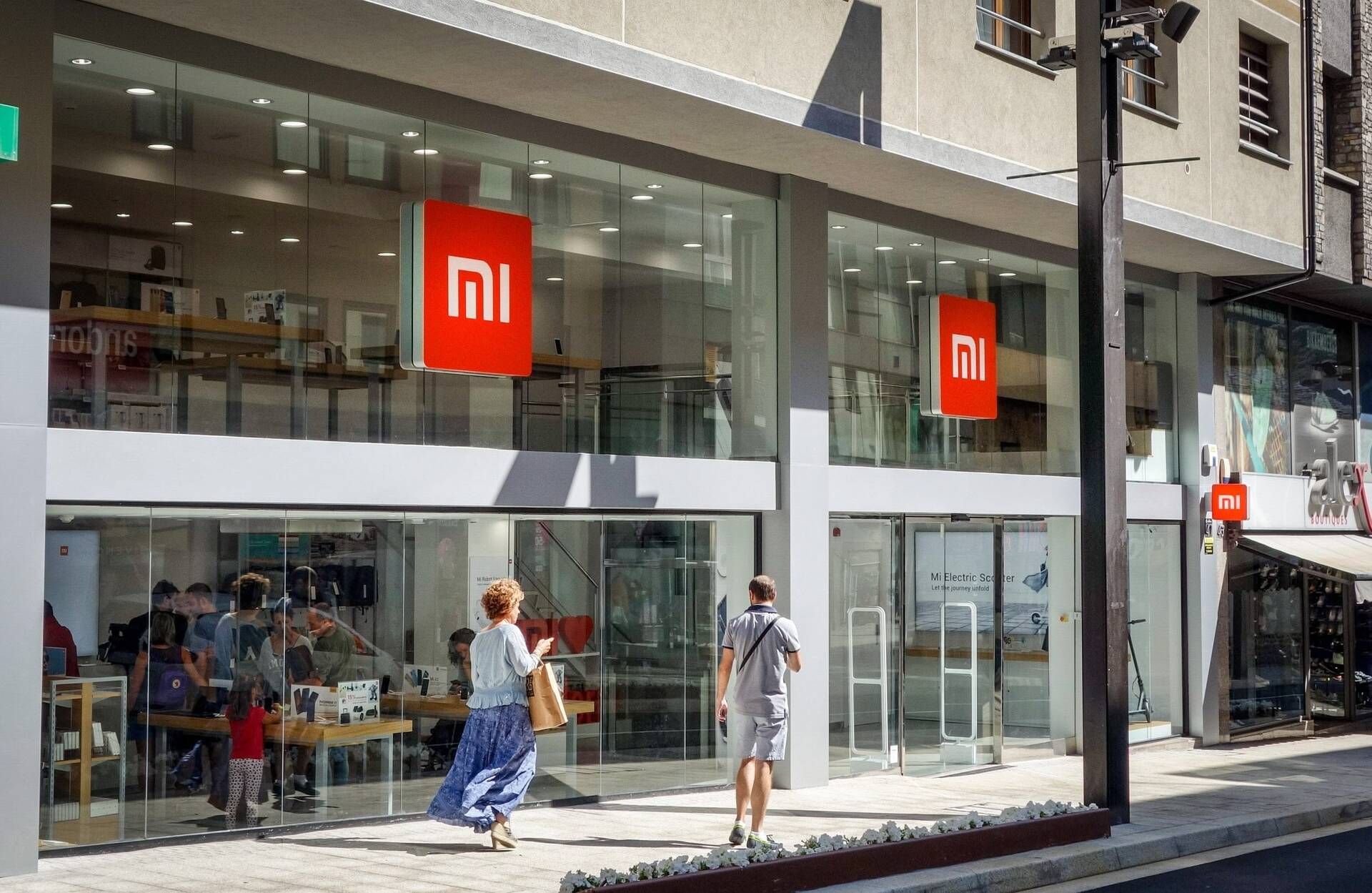August 19, 2025
It's Tuesday. Tesla revealed the Model Y L, an extended six-seat variant of its bestselling SUV, pricing it at $47,200 exclusively for the Chinese market with no confirmed US release plans.
With this China-first strategy targeting intense local competition, is Tesla signaling a new era of region-specific product development?
In today's recap:
Tesla keeps its best Model Y away from US buyers
Apple accidentally exposes seven product lines in code leak
HTC challenges Meta with privacy-focused AI glasses
Xiaomi releases open-source voice AI for smart homes
TSMC arrests reveal critical chip security threats
TESLA
Tesla launches six-seat Model Y L exclusively in China
Recaply: Tesla revealed the Model Y L, an extended six-seat variant of its bestselling SUV, pricing it at $47,200 for the Chinese market with no confirmed US release plans.
Key notes:
Features luxury captain's chairs in second row with powered armrests that fold completely down.
Extended wheelbase adds 200mm length compared to standard Model Y.
Three-row seating configuration with enhanced storage when seats fold forward.
Premium black headliner and redesigned interior with additional air vents.
September delivery timeline with orders now open on Tesla's Chinese website.
Targets intense competition from BYD, Xiaomi, and Xpeng in China's EV market.
Impact: This China-first strategy highlights Tesla's need to adapt quickly to local preferences as Chinese competitors gain ground in the world's largest EV market.
APPLE
Apple accidentally reveals 7 new products in software code leak
Recaply: Apple unintentionally exposed its entire 2025-2026 hardware roadmap when internal product identifiers surfaced in publicly shared software code, revealing upcoming devices across seven major product categories.
Key notes:
Software code contained device strings and chip references for unreleased hardware.
Seven product lines affected: iPhone chips, iPad, Apple Watch, Mac, Vision Pro, HomePod, and Apple TV.
Timeline points to late 2025 through early 2026 launches.
Major silicon upgrades planned across entire Apple ecosystem.
HomePod mini getting Neural Engine for first time with T8310 chip.
Vision Pro 2 will use M5 processor instead of rumored M4.
Impact: This leak provides the clearest picture yet of Apple's product pipeline. While specifications can change before launch, the breadth of updates suggests Apple is preparing its biggest hardware refresh in years, potentially making holiday 2025 very expensive for Apple fans.
HTC
HTC launches VIVE Eagle AI glasses to challenge Meta
Recaply: HTC unveiled its VIVE Eagle AI glasses, marking the company's entry into the smart eyewear market. The lightweight glasses integrate voice assistants, smart photography, and real-time translation into everyday eyewear.
Key notes:
Weighs under 49 grams with 12MP ultra-wide camera.
Supports OpenAI GPT and Google Gemini voice assistants.
Real-time photo translation across 13 languages.
36-hour standby battery with magnetic fast charging.
Privacy-first design stores all data locally on device.
Available in Taiwan for NT$15,600 ($520).
Impact: HTC's entry challenges Meta's Ray-Ban dominance in smart glasses. The higher price point targets premium users, while local data processing addresses growing privacy concerns in AI wearables.
XIAOMI
Xiaomi launches open-source voice AI for smart homes
Recaply: Chinese tech giant Xiaomi unveiled MiDashengLM-7B, a new open-source voice AI model designed to power smart home devices and automotive systems. The release marks Xiaomi's strategic push into artificial intelligence as the company diversifies beyond its core smartphone business.
Key notes:
Built on Xiaomi's foundational voice model integrated with Alibaba's Qwen2.5-Omni-7B technology.
Already deployed across cars and smart home gadgets in China with 30+ smart features.
Achieves 25% faster response times and handles 20x more concurrent processes than competitors.
Goes beyond speech recognition to understand ambient sounds, background music, and environmental noise.
Released under Apache License 2.0, allowing free commercial and research use.
Set new performance records across 22 public evaluation benchmarks.
Impact: This launch intensifies China's AI competition with global players like OpenAI. As Chinese tech companies increasingly embrace open-source development, Xiaomi's voice AI could accelerate smart home adoption while supporting the company's electric vehicle ambitions.
TSMC
TSMC arrests expose chip security threat
Recaply: Taiwan's leading chip maker TSMC arrested three employees for allegedly stealing critical 2-nanometer manufacturing secrets. The case marks Taiwan's first major tech theft prosecution under tightened national security laws.
Key notes:
Three current and former TSMC staff detained for trade secret theft.
Stolen technology involves advanced 2-nanometer chip manufacturing processes.
TSMC produces 90% of world's most advanced semiconductors for Apple, Nvidia.
One suspect now works at Tokyo Electron, which dismissed the employee.
Case represents first prosecution under Taiwan's 2022 national security law.
Internal monitoring detected unauthorized access to proprietary information.
Impact: This breach threatens Taiwan's "silicon shield" strategy, where semiconductor dominance deters Chinese invasion. Advanced chip secrets falling into wrong hands could erode TSMC's technological lead and Taiwan's global leverage in the critical semiconductor supply chain.
NEWS
📰 What’s matters in Tech right now?
Google's Big Sleep AI found 20 security vulnerabilities in open source software including FFmpeg and ImageMagick.
Wiz researchers discovered critical vulnerabilities in NVIDIA's Triton Inference Server that allow remote code execution.
JetBrains launched Kineto, an AI-powered no-code platform for creating web apps and websites without programming.
Meta launched Instagram's Map feature allowing users to share locations, similar to Snapchat's Snap Map functionality.
Nvidia officially announced RTX 40-series support for Smooth Motion Frame Generation technology ahead of Gamescom 2025.
Nvidia is developing the B30A AI chip for China based on Blackwell architecture, delivering half the power of the B300.
China launched its eighth batch of satellites for the Guowang broadband network, targeting 13,000 satellites total.
That’s a wrap for today!
We hope today’s insights saved you time and brought more clarity to your day.
👉 Got a second, Your feedback help us make Recaply even better.
What did you think of today's issue?
Have an idea for Recaply Tech?
We’re all ears. Send your thoughts to [email protected] — we read every message and love turning your ideas into reality.
See you in the next recap,
— Jason







